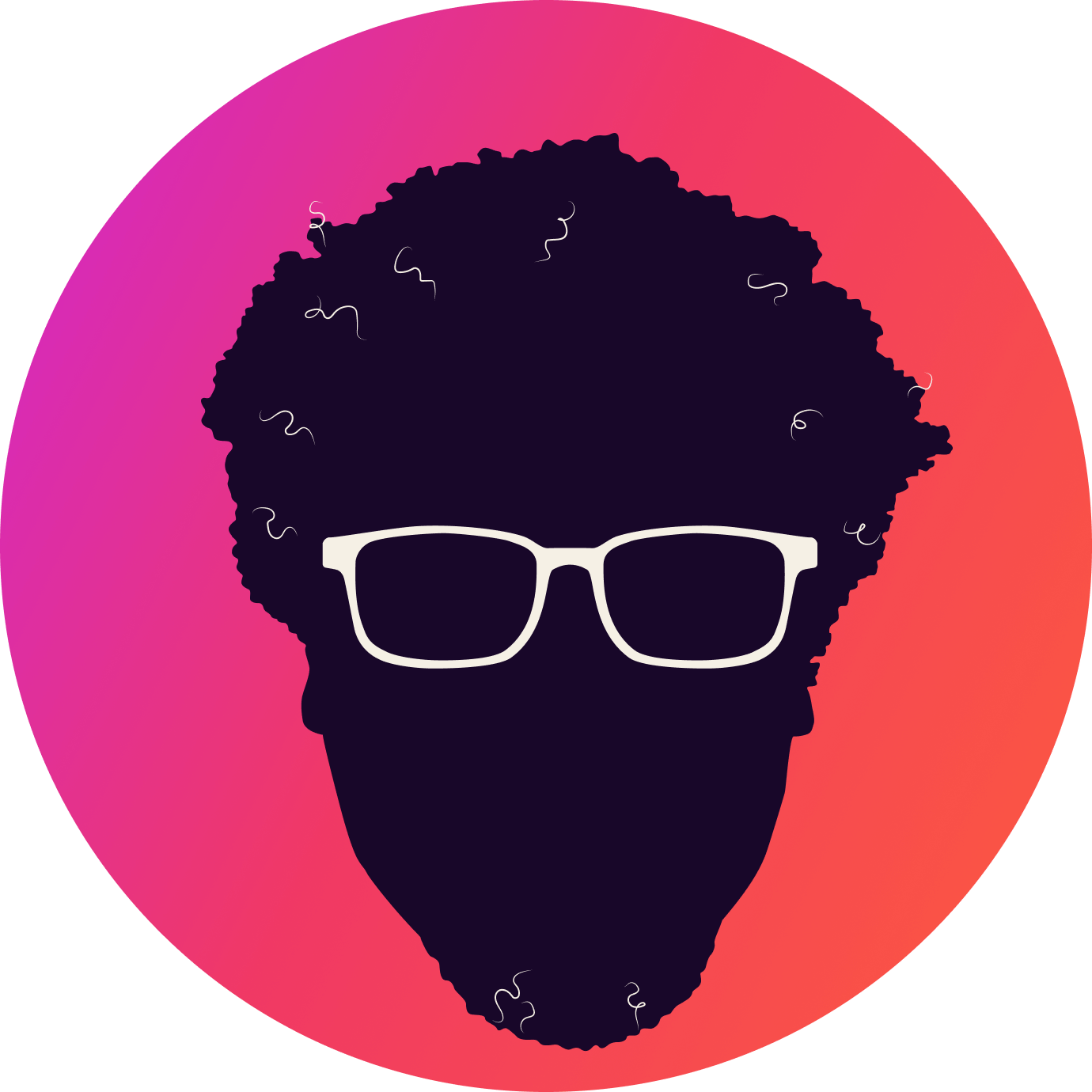Issue #74: AI, Jobs, and the Resume Wars
Howdy👋🏾. The Eagles demolished the Chiefs in the Super Bowl, and we got our first-ever OpenAI Super Bowl ad. I’m sure it wasn’t cheap, but what stood out to me most was how they’ve turned a simple black circle into a recognizable marker of their brand and identity.
I remember seeing in a recent OpenAI AMA that they consider this circle their mascot, which honestly makes a lot of sense—if any company should have an amorphous, ever-evolving symbol, it’s an AI company. If you missed the spot, here it is:
But OpenAI wasn’t the only AI company making waves. Perplexity skipped the $8 million+ Super Bowl ad spend and instead posted a single tweet (or is it an X now?). Their offer? Install the app, ask five questions, and one person wins $1 million.

It turns out that dangling a million-dollar prize works—Perplexity saw a 50% increase in app installs from this one post alone.
Of course, Google wasn’t about to sit this one out. Their ad took a more sentimental approach, celebrating fatherhood while showcasing how AI tools can assist in everyday life.
-jason
Writing an AI-Optimized Resume

Google’s Super Bowl ad painted a heartwarming picture of how AI can assist in job preparation, showing a father using Google Gemini’s voice tools to get ready for an interview. But beyond the feel-good narrative, this ad is a perfect lead-in to a much bigger conversation—one that explores how AI is both helping and hurting the job search market.
As layoffs continue across tech and beyond, AI-powered hiring tools are becoming both a lifeline and a barrier for job seekers. Applicant Tracking Systems (ATS) and AI-driven resume filters can make or break a candidate’s chances of landing an interview. In this deep dive, I explore how these tools work, what job seekers can do to optimize their resumes for AI screening, and whether AI is ultimately leveling the playing field—or making it harder than ever to get noticed.
🔗 The Best in Tech This Week
🤖 Elon Musk Wants to Buy OpenAI
Elon Musk has made an eye-popping $97 billion offer to buy OpenAI, reigniting his long-standing feud with the company he helped start. Given how things are going at X and Tesla’s sales slump in key markets, it’s unclear if this is a serious bid or a distraction. Meanwhile, Sam Altman wasted no time shutting it down, stating “OpenAI is not for sale.”
📡 T-Mobile Expands Starlink Texting
T-Mobile is rolling out texting via Starlink satellites, allowing users in remote areas to send messages without traditional cell coverage. For now, it’s limited to text, but this could be a step toward global satellite-powered mobile service, disrupting traditional telecom networks.
🇪🇺 The EU’s Stargate-Sized AI Bet
At the Paris AI Summit, European leaders pledged $200 billion in AI investment, hoping to compete with the US and China. With OpenAI’s Stargate project and China’s DeepSeek breakthroughs, the EU is trying to close the gap—but will this investment be enough to make Europe a real AI player?
🎤 The AI Roadshow: Workshops, Talks & Beyond
February 13, 2025 – MTC Technology Transformation Conference
February 18, 2025 – MD Student Venture Showcase
February 19, 2025 – AGILE: Empowering Global Disaster Response with Tech
🛠️ Podcasts, Pages, and Pixels: My Current Favorites
🎶 Suno: For music creation
Suno uses AI to help you compose music or create soundscapes. Whether you’re a musician or just experimenting, this tool makes music production accessible.
🔍 Perplexity: For AI search
An AI-powered search engine that provides quick, conversational answers with citations. Great for getting accurate information without sifting through endless search results.
P.S. Before you go…
I’ve featured Lazy Apply before, but what better time to bring it back than in a newsletter all about AI-powered job hunting? If companies are using AI to filter resumes at scale, maybe it’s time for job seekers to go on the offensive—and start automating applications just like companies automate screening. What could go wrong? Lazy Apply
